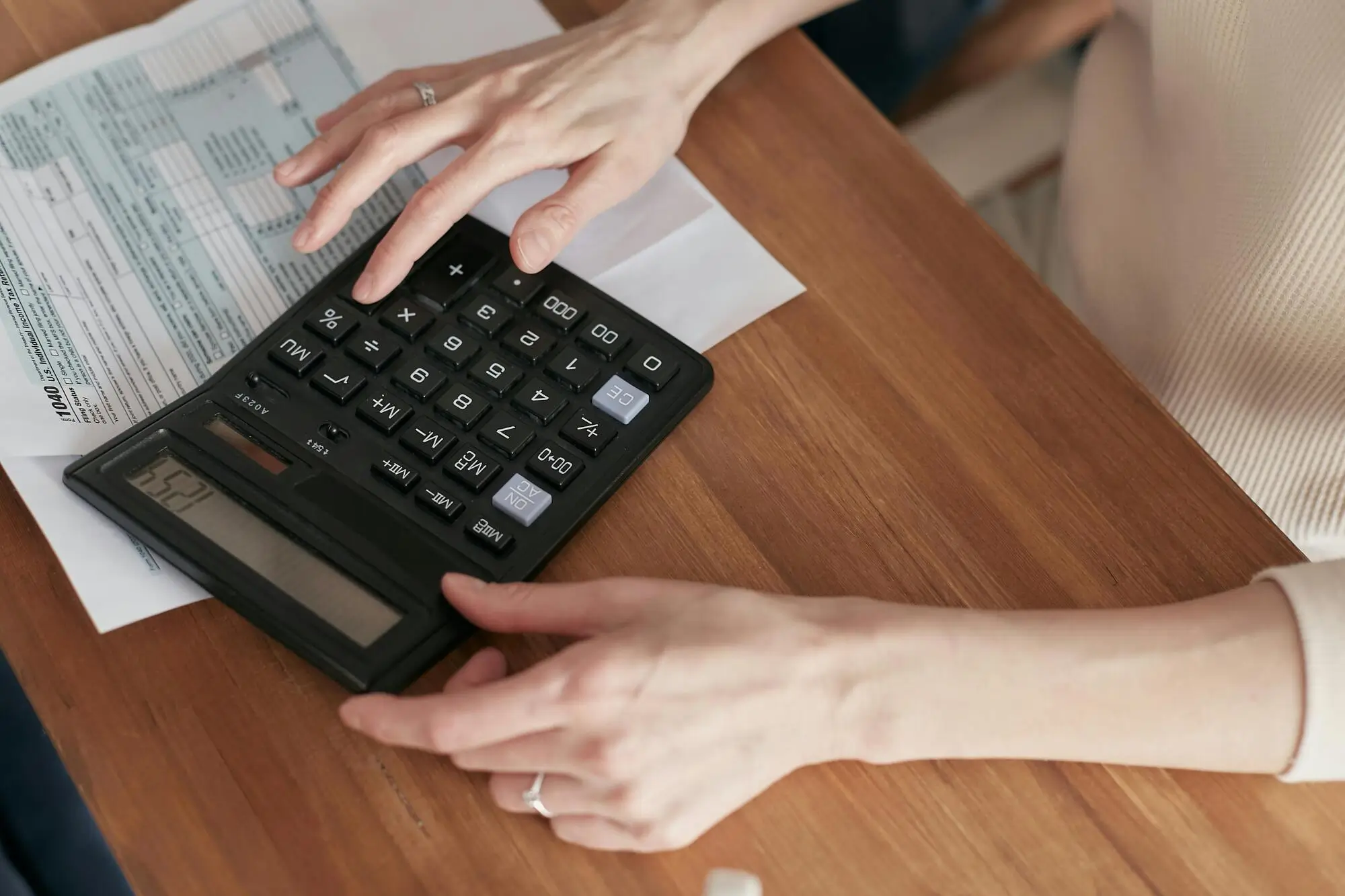As a property manager, it's vital to understand the role of tax statements and 1099s for reporting your client's income. Landlords can face substantial penalties for incorrectly reporting income related to 1099s.
Landlords must report all income and expenses associated with their rental properties, including security deposits, maintenance costs, and late fees. As a property manager, you must provide them with this information.
Read our property manager tax guide to help you with tax time preparation.
Defining Tax Statements and 1099s
Like owner statements, tax statements record all a landlord's income and expenses. They include information about all the income they received during the year, like:
- Rent collected
- Laundry fees
- Parking fees
- Security deposits
- Late payment penalties
You must cross-check the landlord's annual tax statement against their monthly owner's statements. Expense information listed on a tax statement may include:
- Property taxes
- Property management fees
- Cleaning fees
- Maintenance and repair costs
- Marketing expenses
Landlords can deduct many of these expenses from their income to help reduce the tax owed. You must have supporting documentation available for every deductible expense, or your landlords won't be able to claim these savings.
In Connecticut, residents must pay tax on their rental income if it increases their earnings above the threshold of the Gross Income Test. These state taxes will impact how much tax your landlord must pay to the IRS as they are deductible expenses.
A 1099 is a form that details any amounts you paid out during the year.
1099 Forms for Property Managers
The IRS created 1099s to document income that comes from sources other than regular employment. There are many different types of 1099 forms for reporting extra income, but only two of them usually apply to landlords.
1099 MISC
These forms document all the rent received on behalf of your landlords during the year. You don't need to fill out one for your property management business, as it isn't the ultimate recipient of these funds.
You should have a W-9 form on file for each of your landlords to facilitate submitting these forms on their behalf.
1099 NEC
NEC stands for non-employee compensation. This form is for declaring income paid to third parties, like contractors.
You must fill out one of these forms for every vendor you've paid more than $600 in a tax year. You don't need to fill out a 1099 NEC for goods you bought at a local store; it only applies to services.
However, if these services included the provision of materials, you should fill out a 1099 NEC.
Accurate Reporting and Streamlined Property Management in Putnam
Tax statements and 1099s play a major role in effective property management, so landlords must know they can trust their property managers to get these reporting tasks right.
Landlords who sign up with PMI Putnam are assured of top-notch, accurate record-keeping and a stress-free tax season. We employ experienced and qualified personnel who understand the intricacies of landlord tax reporting and use the latest technologies to ensure accuracy.
Browse our blog for more Putnam property management tips or reach out for more information.


